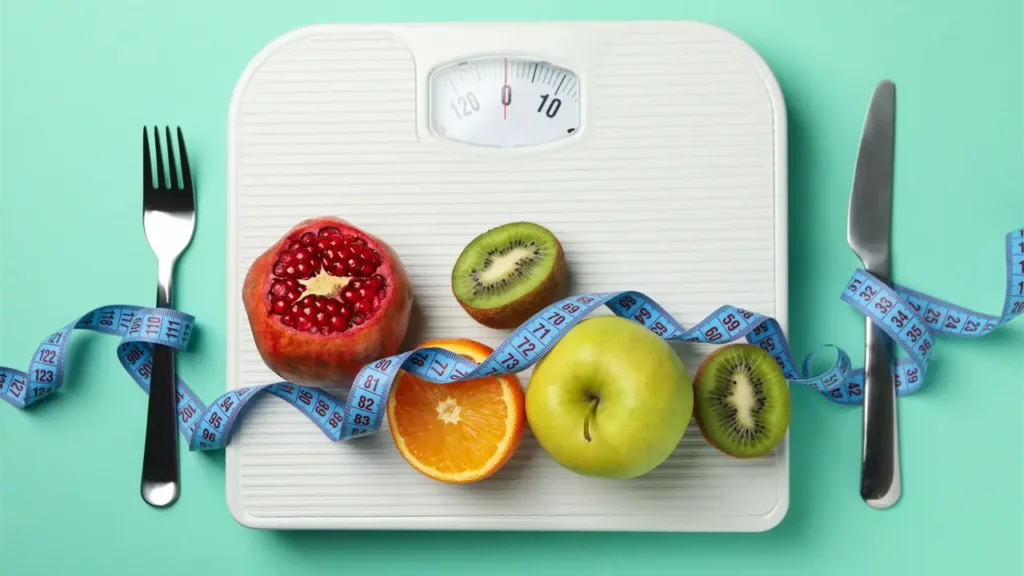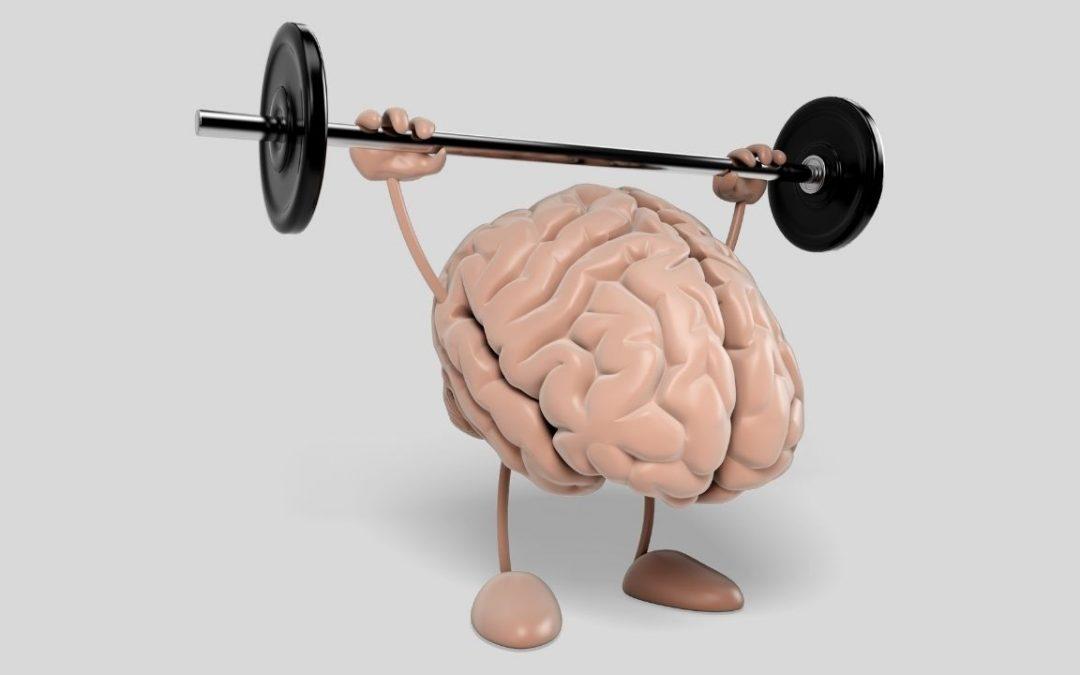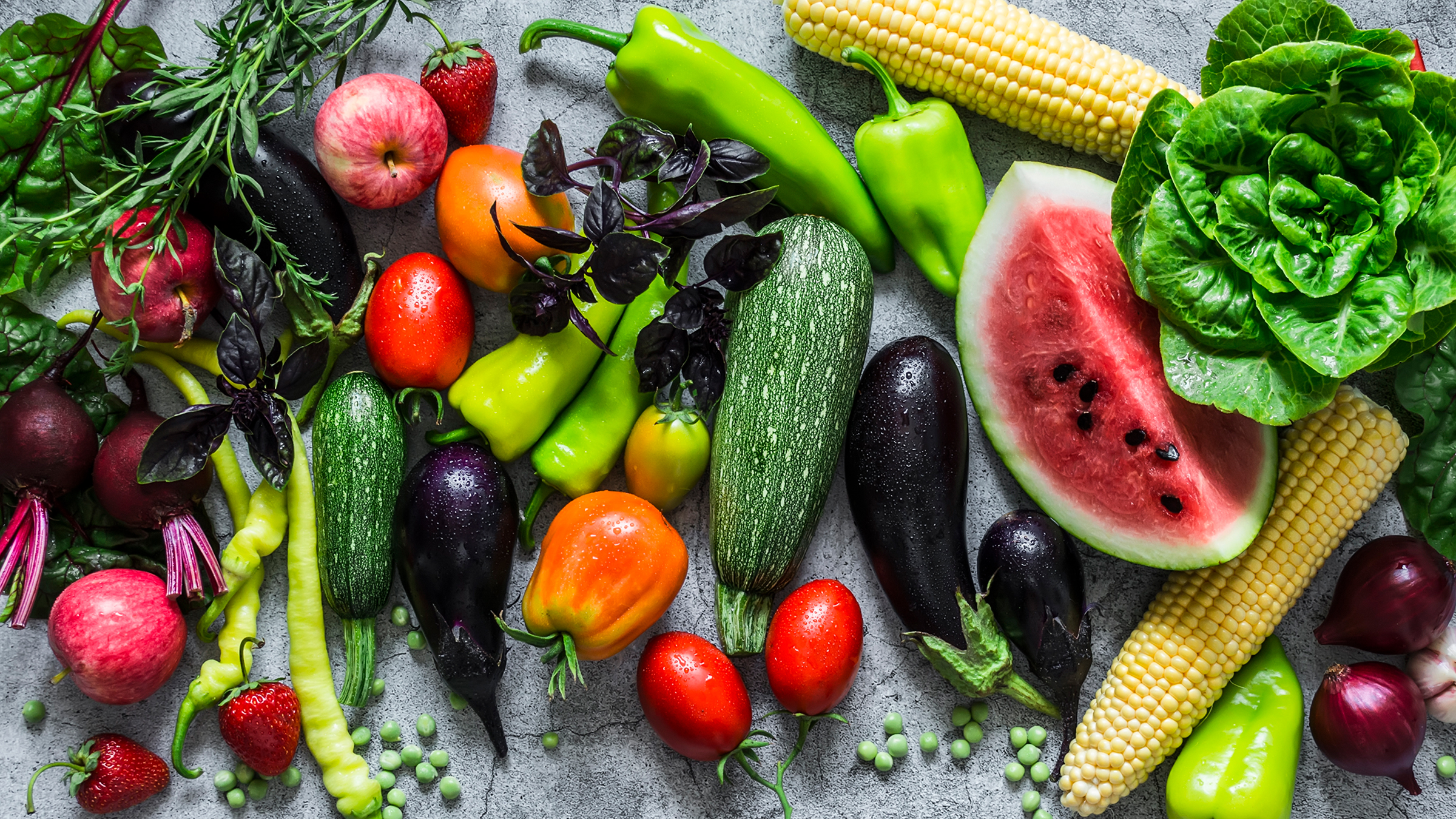Boost Your Health with the Amazing Benefits of Vegetables
Eating vegetables is one of the simplest and most effective ways to improve your health. Packed with essential nutrients, vitamins, and minerals, vegetables offer a wide range of health benefits that can help you feel your best, prevent chronic diseases, and maintain a healthy weight. Whether you're looking to boost your immunity, improve your digestion, or promote healthy skin, vegetables are an essential part of a balanced diet. In this article, we will explore the astounding benefits of eating vegetables and how you can easily incorporate them into your meals for optimal health.
1. Nutrient Powerhouses
Vegetables are full of essential nutrients that are vital for maintaining good health. They are low in calories but high in vitamins, minerals, and fiber. Nutrients like vitamin A, vitamin C, vitamin K, folate, and potassium are found in a variety of vegetables. These nutrients play key roles in many bodily functions, from immune defense to bone health and cell repair.
For example:
- Vitamin A supports vision and immune function and is found in dark leafy greens, carrots, and sweet potatoes.
- Vitamin C helps boost your immune system and aids in collagen production for healthy skin. It’s abundant in bell peppers, broccoli, and spinach.
- Potassium helps regulate blood pressure and supports heart function. You can get a healthy dose of potassium from vegetables like spinach, potatoes, and tomatoes.
Including a variety of vegetables in your diet ensures that you get a wide range of nutrients that support overall health.
2. Weight Management and Satiety
If you’re looking to manage your weight, eating more vegetables is an excellent strategy. Vegetables are rich in fiber, which promotes feelings of fullness and regulates your appetite. Foods high in fiber take longer to digest, helping you feel satisfied longer after a meal and reducing the likelihood of overeating.
In addition, vegetables are low in calories and high in water content, meaning you can eat large portions without consuming excessive calories. For instance, you can enjoy a large salad or a bowl of vegetable soup that fills you up but doesn’t cause weight gain. This makes vegetables an ideal food for those trying to lose weight or maintain a healthy weight.
3. Digestive Health
One of the most significant benefits of eating vegetables is their positive impact on digestive health. Vegetables are rich in dietary fiber, which aids digestion and promotes regular bowel movements. Fiber helps move food through the digestive tract and adds bulk to stool, making it easier to pass. This can prevent constipation and promote a healthy digestive system.
Leafy greens like spinach, kale, and Swiss chard are particularly helpful for digestion, as they contain insoluble fiber that contributes to healthy bowel movements. Cruciferous vegetables like broccoli, cauliflower, and Brussels sprouts are also packed with fiber and can support gut health. Moreover, the antioxidants and phytochemicals in vegetables help protect the digestive system from inflammation and oxidative stress.
4. Strengthening Your Immune System
Vegetables play a crucial role in supporting your immune system. Many vegetables are rich in vitamins and antioxidants that help the body fight infections and diseases. Vitamin C, in particular, is known for its immune-boosting properties. Vegetables like bell peppers, broccoli, and Brussels sprouts are high in vitamin C, helping to strengthen your immune defenses.
In addition to vitamin C, vegetables like garlic and onions contain compounds that have antimicrobial and anti-inflammatory properties, helping the body ward off infections. Leafy greens and cruciferous vegetables also contain phytochemicals such as flavonoids and carotenoids, which have been shown to support immune function.
Eating a variety of vegetables regularly can help your body stay resilient against illnesses and infections, ensuring that you maintain strong defenses throughout the year.
5. Healthy Skin and Aging
Your skin can benefit greatly from a diet rich in vegetables. The vitamins, minerals, and antioxidants found in vegetables help maintain youthful, glowing skin and protect it from the harmful effects of aging. For example, vitamin C is essential for collagen production, which is key to keeping your skin firm and supple.
Leafy greens like spinach and kale are packed with vitamin K, which supports skin health and aids in the healing of bruises and wounds. Carrots and sweet potatoes are rich in beta-carotene, a form of vitamin A that protects the skin from sun damage and promotes healthy skin turnover.
The antioxidants found in vegetables also fight free radicals, which are unstable molecules that contribute to aging and skin damage. By including a variety of colorful vegetables like tomatoes, peppers, and carrots in your diet, you can promote healthier, younger-looking skin.
6. Reducing the Risk of Chronic Diseases
Eating more vegetables can significantly lower your risk of developing chronic diseases such as heart disease, diabetes, and certain cancers. Vegetables are rich in antioxidants, phytochemicals, and fiber, all of which have protective effects on the body. These compounds help reduce inflammation, regulate blood sugar levels, and improve blood circulation, all of which contribute to better heart health.
Cruciferous vegetables like broccoli, cauliflower, and kale have been shown to have cancer-fighting properties due to their high content of sulforaphane, a compound that detoxifies the body and protects cells from damage. Additionally, the fiber in vegetables helps regulate cholesterol levels and blood sugar, which can reduce the risk of heart disease and type 2 diabetes.
By incorporating more vegetables into your diet, you are taking proactive steps to reduce your risk of these serious health conditions and improve your quality of life.
7. Enhancing Mental Health and Brain Function
Eating vegetables is not only beneficial for physical health but also for mental well-being. Research has shown that a diet rich in vegetables can support brain function and improve mood. The vitamins and minerals found in vegetables, such as folate, magnesium, and vitamin B6, play key roles in brain health and the production of neurotransmitters that regulate mood and cognitive function.
For example, folate, which is abundant in leafy greens like spinach and kale, is essential for brain development and function. It helps prevent cognitive decline and may even reduce the risk of mental health conditions like depression. Magnesium, found in vegetables like spinach and broccoli, has been linked to improved sleep, reduced anxiety, and better overall mental health.
By eating a variety of vegetables, you can support your brain and mood, leading to better mental clarity, focus, and emotional balance.
8. Easy Ways to Incorporate More Vegetables into Your Diet
Now that you know the amazing health benefits of vegetables, you may be wondering how to eat more of them. The good news is that incorporating vegetables into your meals is easier than you think. Here are a few simple ways to boost your vegetable intake:
- Add vegetables to smoothies: Blend spinach, kale, or carrots into your morning smoothie for a nutrient-packed start to your day.
- Sneak them into soups and stews: Add extra veggies like zucchini, tomatoes, and beans to soups and stews for added nutrition.
- Make vegetable-based snacks: Carrot sticks, cucumber slices, or bell pepper strips are perfect for snacking and can be paired with hummus or guacamole for extra flavor.
- Roast vegetables: Roasting vegetables like broccoli, cauliflower, and sweet potatoes enhances their flavor and makes for a delicious side dish.
- Prepare vegetable salads: Include a variety of vegetables like lettuce, tomatoes, cucumbers, and avocados in your salads for a nutrient-packed meal.
- Use vegetables in pasta dishes: Add sautéed spinach, zucchini, or mushrooms to your pasta for an easy way to increase vegetable consumption.
Conclusion
The astounding benefits of eating vegetables are undeniable. From supporting your immune system to improving digestion, boosting mental health, and reducing the risk of chronic diseases, vegetables are truly a cornerstone of a healthy diet. By incorporating a variety of colorful vegetables into your meals, you can nourish your body with essential nutrients, maintain a healthy weight, and promote overall well-being.
So, the next time you’re planning your meals, make vegetables a priority! Your health will thank you.

































0 comments: